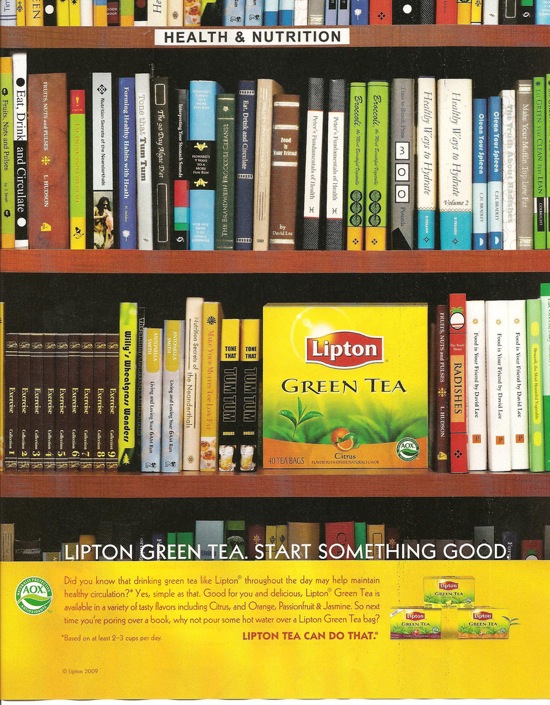Dear Madam/Sir,
I REFER to Mr Peter Heng’s letter (“Act tough to curb motorcycle fatalities”, Nov 3).
I acknowledge that speeding motorcyclists and reckless riders have contributed to the high fatality rate for motorcyclists on Singapore roads.
As with any issue, however, it takes two hands to clap.
Dangerous driving is also a major factor in the deaths of motorcyclists on the road.
I have been a rider for six years and have both seen and experienced two main instances of dangerous driving that have resulted in accidents:
- Intimidation, where lorries and buses tailgate riders unnecessarily e.g. when riders are already in the leftmost lane, and
- Callousness, where cars cut into lanes of riders at exceedingly fast speeds and at angles which are too close for comfort.
Unfortunately, motorcyclists have no means of redress or protection from these actions.
Mr Heng’s suggestions might also exacerbate the current situation, as motorcyclists will then be deprived of a degree of speed to escape from their tormentors.
To address the root causes of the problem, I would like to propose the following measures instead:
- Courtesy campaigns by the Traffic Police to remind road-users to share the road in a friendly and respectful manner,
- Motorcycle lanes, if the Land Transport Authority will consider this, to protect riders from drivers,
- A hotline for motorcyclists to report dangerous drivers, where the Traffic Police can then take action against deviant behaviour, and
- Driving re-education classes conducted by the Traffic Police for errant road-users, who will have to watch videos of fatal road accidents to remind them of the sanctity of life.
I will be happy to partner the agencies I have mentioned in working together for a safer and death-free road experience for all.
Thank you.
Yours sincerely,
Laremy LEE (Mr)
(Published as “Don’t blame just (sic) motorcyclists” on 8 Nov 2010 in the Straits Times Forum Online.)
